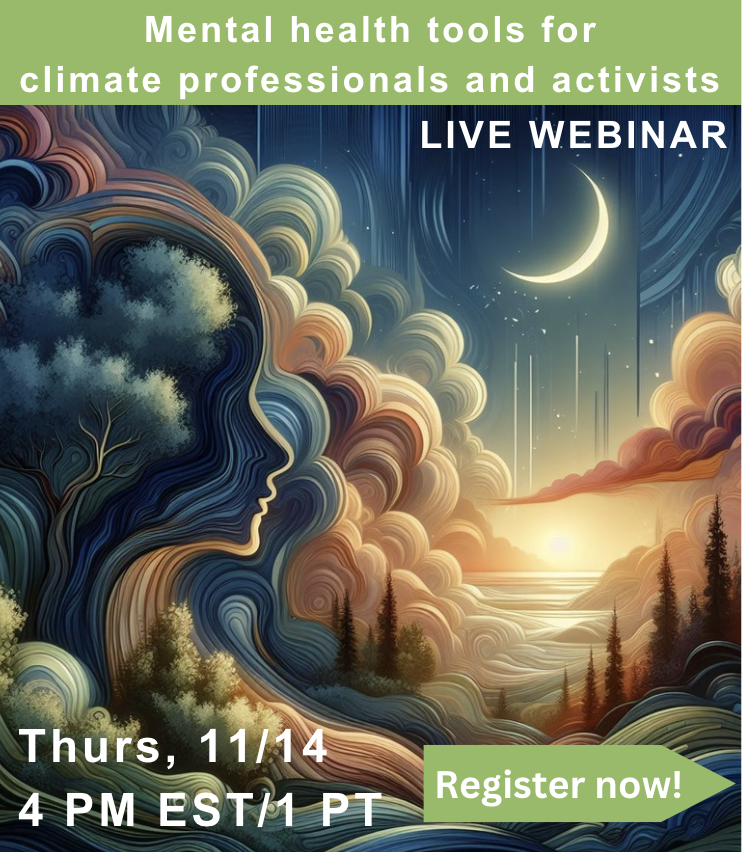Support CleanTechnica’s work through a Substack subscription or on Stripe.
Antara Haldar is a professor of empirical legal studies at the University of Cambridge and a visiting faculty member at Harvard. She has also been a contributor to Project Syndicate since 2019. In a recent post for PS, she asks, “Must Our Globalized World Be a Suicide Pact?”
In that article, she traces the demise of several civilizations, the fall of the Roman Empire being perhaps the most prominent. Here is a civilization that connected almost all of Europe and the British Isles to the Middle East and Asia in one all encompassing empire. Some of the roads, and bridges, and aqueducts they built are still in use today.
Driving through the Alps in France, one stumbles upon cities founded by the Romans. In the west of England is the town of Bath, where the enormous communal baths constructed by the Romans still exist. In Croatia, tourists are drawn to an elaborate Roman burial ground near Trogir.
Then, poof! In what seems now like the blink of an eye, the Roman Empire was gone. What happened? Some think the lead used to line the hundreds of miles of aqueducts that brought fresh water to Rome poisoned the brains of its leaders. Certainly the madness of Emperor Nero was not inconsistent with lead poisoning. But there are many other theories about why powerful empires fall apart. In her article, Haldar explores many of them.
Technology Vs Institutions
“Silicon Valley pitchmen would like us to believe that technology will determine the future. But the more important variable is whether and how our institutions adapt, a matter that remains entirely within our power to decide – at least for now,” Haldar writes.
She then proceeds to chronicle a host of theories for societal breakdown by a broad spectrum of thinkers. Geographer Jared Diamond argues that societies as sophisticated as the Maya or the Norse in Greenland imploded when they failed to adapt to ecological stress.
Anthropologist Joseph Tainter claims complexity can become a liability. When the costs of coordination outstrip the returns, institutions unravel. Peter Turchin and Sergey Nefedov contend that “secular cycles” of rising inequality and elite overproduction have often lead to social and political upheaval. Vaclav Smil claims no system — biological or social — can expand forever, which is reminiscent of this famous scene from The Matrix.
Historian Arnold Toynbee believed that civilizations rise through creative responses to shared problems, and then fall through inertia. Oswald Spengler’s The Decline of the West treated civilizational senescence as destiny, implying that cultures age like organisms. In The Rise and Fall of the Great Powers, Paul Kennedy suggested imperial collapse results from military overreach. William McNeill’s Plagues and Peoples reminds us how pathogens [like Covid 19] shape history, and Daron Acemoglu and James Robinson’s Why Nations Fail focused on extractive elites.
Abundance
One of this year’s most talked about books is Abundance by Ezra Klein and Derek Thompson, which argues that liberals in America have been more concerned with blocking bad economic development than promoting good development since the 1970s. Democrats have focused on process rather than results and favored status quo over growth.
The authors complain that America is stuck between a progressive movement that is too afraid of growth and a conservative movement that is allergic to government intervention. Their proposed abundance agenda would initiate new economic conditions that blunt both the appeal of the “socialist left” and the “populist-authoritarian right.”
Not everyone agrees with Klein and Thompson. Lloyd Alter is the sage of Toronto, where he teaches others about the power of thinking small. His focus is not on building Taj Mahals that celebrate the stupendous wealth of a few, but rather on small, efficient dwellings that meet the needs of mere mortals. In his mind, they should consume the fewest resources both in construction and over their useful life. They should be sufficient in every respect but not more than that, he argues.
Globalization
According to researcher Luke Kemp, globalization has produced a world so integrated that any new stress factor — a climate shock, a pandemic, a financial crisis — can trigger a sudden, irreversible, global cascade. He believes that human “self-termination is most likely,” but believes there are three possible paths forward for human civilization.
He says, “The first is collapse. In this scenario, climate change spirals out of control, AI is rapidly weaponized, crypto destabilizes fragile economies, and the UN ossifies into irrelevance. In a second scenario, scarcity politics continue, regulation of new technologies is incremental, policymakers pursue endless crisis management, and the UN still convenes but without any authority or vision. Global governance at that point becomes ceremonial.
“The third path is toward renewal. AI would be harnessed to expand knowledge and reduce drudgery. Blockchain would be redeployed to manage commons transparently, rather than to create new markets for speculation and outright gambling. The response to climate change would become the foundation of future growth and development. And the UN would evolve into a 21st-century platform for stewarding planetary data, regulating global public goods, and convening not only states but also cities, firms, and citizens.”
Hasdar writes, “Renewal requires not just optimism but institutional imagination. The most valuable currency of the 21st century is not oil, gold, or even data. It is trust [emphasis added]. Humanity evolved to form bonds of trust beyond one’s immediate family, but still typically limited to smaller groups. UN Secretary-General António Guterres stresses, our most pressing problems are planetary, which means that trust must be scaled not just to the level of one’s tribe or village or nation, but to eight billion people.”
Nobel laureate Elinor Ostrom claimed the commons can be governed well if institutions are flexible, polycentric, and include multiple independent actors focused on different elements of the same overall agenda. “The UN has occasionally embodied the spirit of what Ostrom had in mind, such as through the Universal Declaration of Human Rights, the eradication of smallpox, and the (now-beleaguered) Paris climate agreement, but it has also been crippled by vetoes, geopolitics, and an inadequate vision,” Hasdar says, before adding,
“Silicon Valley pitchmen would like us to believe that technology will determine the future, but the more important variable is whether and how our institutions adapt. As Toynbee put it, ‘Civilizations die from suicide, not by murder.’ The choice between abundance and apocalypse is still ours to make.”
Are humans rushing down the road toward suicide? Are those who counsel us to always maintain an optimistic attitude — like Pope Leo — just putting a brave face on an increasingly dire situation? “We’ll see,” said the Zen Master. Please share your thoughts in the comments.
Sign up for CleanTechnica’s Weekly Substack for Zach and Scott’s in-depth analyses and high level summaries, sign up for our daily newsletter, and follow us on Google News!
Have a tip for CleanTechnica? Want to advertise? Want to suggest a guest for our CleanTech Talk podcast? Contact us here.
Sign up for our daily newsletter for 15 new cleantech stories a day. Or sign up for our weekly one on top stories of the week if daily is too frequent.
CleanTechnica uses affiliate links. See our policy here.
CleanTechnica’s Comment Policy




